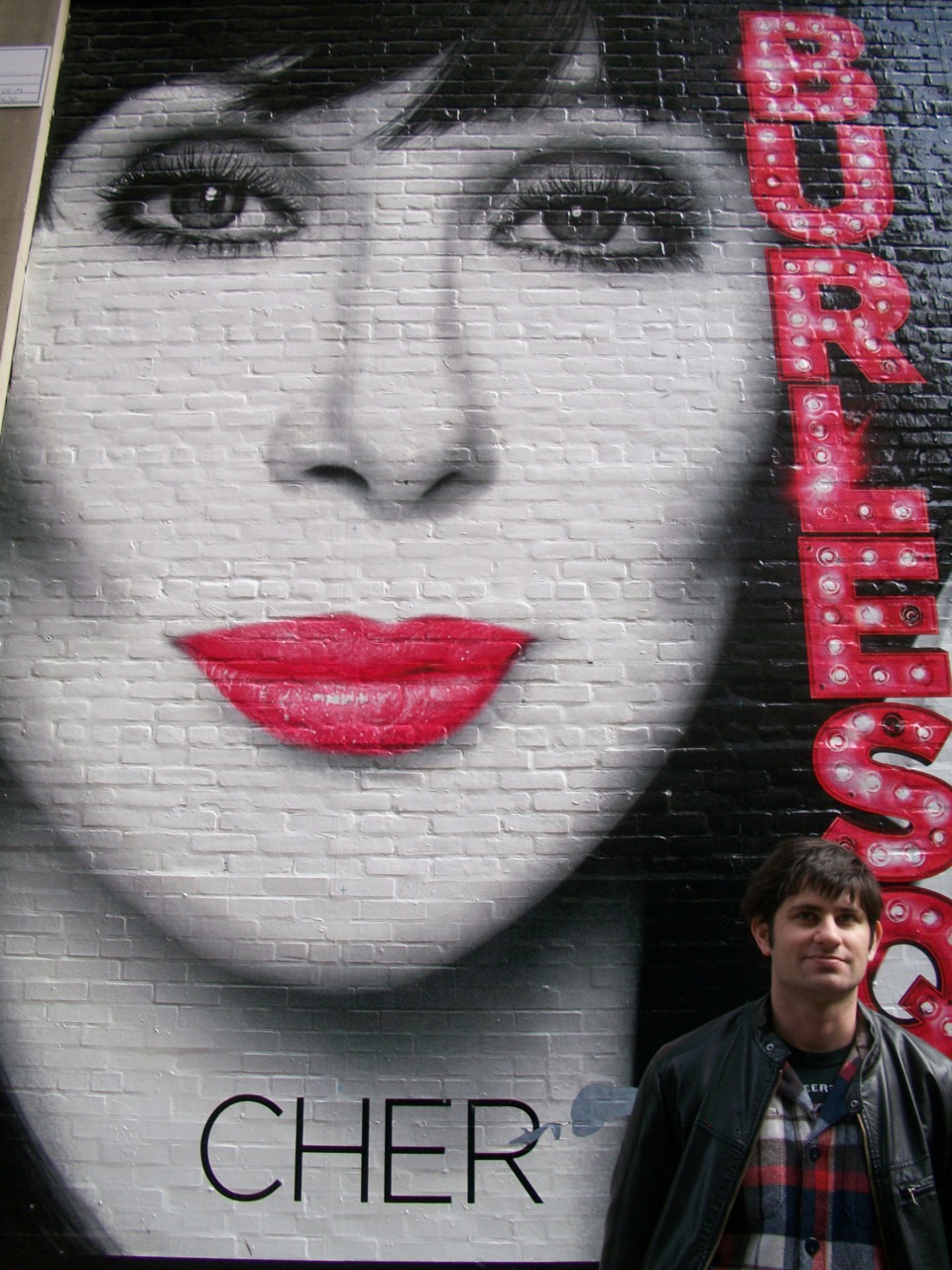
The Fourth of July is generally one of my least favorite holidays, sneaking up on me every summer and reminding me that no, I don’t have a beach house, or much in the way of access to a beach house, or friends with beach houses. In the way that some women will always and forever romanticize Paris, I think I will romanticize a beach house, which probably comes from growing up by the beach but never with my own slab of land. In order to while away some hours on the sand, I have always needed strategies.
This year, the Fourth of July came on quickly. We had come up with plans, but they had all felt a little bit off. Our best friends up here had just had a baby, so we ended up seeing them on the third at a mutual friend’s lakeside cottage. A lovely lakeside cottage/redneck riviera (seriously, we got so many “yer not from around here” glares when we drove up the narrow dirt roads), but it was cloudy and chilly that day. Then, on the fourth, we had kind of forgot about what was open and what was not. Whether there were fireworks at places or whether they’d take Monday off.
Which is to say, we ended up at the movies. We saw Beginners and Midnight in Paris. Running away from a rainstorm, we ended up at a showing of Midnight in Paris that was far too early to avoid the post-apocalyptic fireworks-related shitshow nearby home, so we ended up driving away to a delicious restaurant bar where we had a lovely dessert made with wild strawberries and the finest of scotches. I think my favorite traditions on the Fourth of July is either - finding a rooftop party with wonderful people in a real city, or hiding out from it all in the air-conditioned heaven of the movies, if I am stuck in a variation on suburbia.
Beginners was a truly lovely, empathetic film made with real feeling. I loved it. Bruised, human characters heavy with emotion, learning to love in a life that can seem alternately whimsical and cruel - it was beautiful to watch. Christopher Plummer’s performance as the father who comes out of the closet at 75 was just so vivid and touching. Ewan McGregor was newly hot again (I was reminded of the fact that I’ve loved him for, like, 15 years, since I was a hormonal high schooler) and was charismatic enough that you could relate to his sad, passive character. Melanie Laurent was annoyingly, perfectly French, making dowdy clothes chic and generally seeming like a real girl.
The structure of the film was impressionistic, rooted in memory, and I think that’s where it faltered a little bit. By the fourth act, I was squirming. I expected the film to end so many times; I was under the false impression that the father’s story was more major than the love story. I was wrong, and the love story whirred on and on, to irrational breakups and makeups and more. It simply wasn’t as strong as the father-son relationship. The film kept hitting notes that, if fine-tuned just slightly, probably would’ve made me cry, but instead, I was on the verge of tears the whole time. The difference felt significant. Nevertheless, the film’s been whirring around in my head and I’m so glad that I saw it and that it exists.
Now Midnight in Paris was on a whim. It was basically the only film that we were sort of interested in playing nearby. You know what’s playing at drive-in theaters right now? Cars 2 and Mr. Popper’s Penguins. It’s gross. Our only other option was Tree of Life at the crappy indie theater, and their screens would just be insulting to Terrence Malick’s vision.
But man, Midnight in Paris. I think I don’t like Woody Allen movies. Please don’t hate me. It’s funny, too, all the men in my life tend to hate Woody Allen movies and what he stands for. My family didn’t raise me on Woody Allen (the same way they didn’t raise me to care about the Red Sox), and consequently, I have a hard time caring about any of the whiny - if smart! - rich people that populate his world. It helps that, as a man, he’s obviously a terrible person, too. (And probably a genius. Example A: his dreamy, brilliant, estranged son Ronan Farrow, your new boyfriend.)
The plot of Midnight in Paris is so great: ennui-filled writer who thinks he’s a hack travels through time to the golden age of Parisian literary culture, the 1920s. It is an English major’s dream and I laughed, heartily, at the ridiculousness of Ernest Hemingway and the zippiness of Zelda Fitzgerald. The 20s are such a pleasant visual feast for the eyes - men were required to dress well, and flapper dresses are generally flattering on all women, with baubles and beads and a shape that swings.
But there’s a latter-day Woody Allen movie surrounding that idea, where the dialogue is all on the nose and the women are shrewish harpy bitches. It’s just so exceedingly unpleasant! And, yet, on the other hand, there is also the return of Owen Wilson, where he takes his surfer dude delivery and winds it around the Allen-manque character, an effect that was weirdly appealing. Or tolerable, at the least. Between Wilson and the Hemingway character, we didn’t walk out of the movie. So there’s that. However, I learned one thing this Fourth of July, and that is this: I don’t think I’m ever going to see another latter-day Woody Allen movie again, unless there’s alcohol involved.








